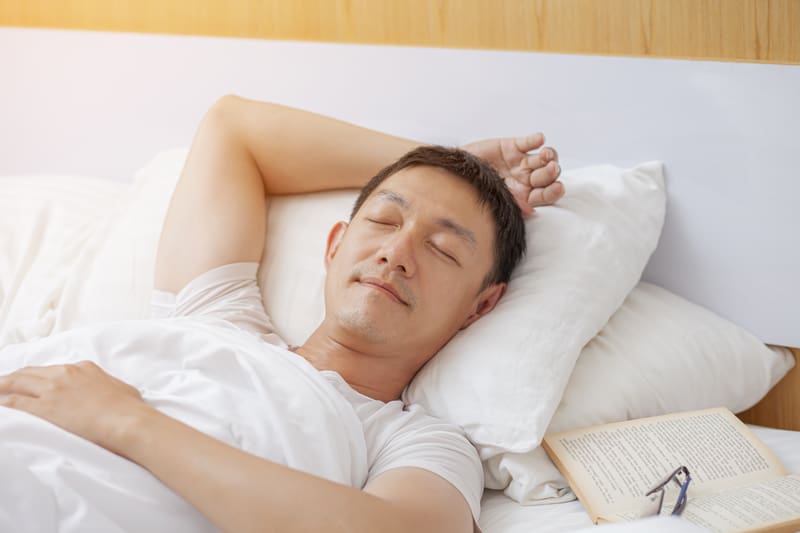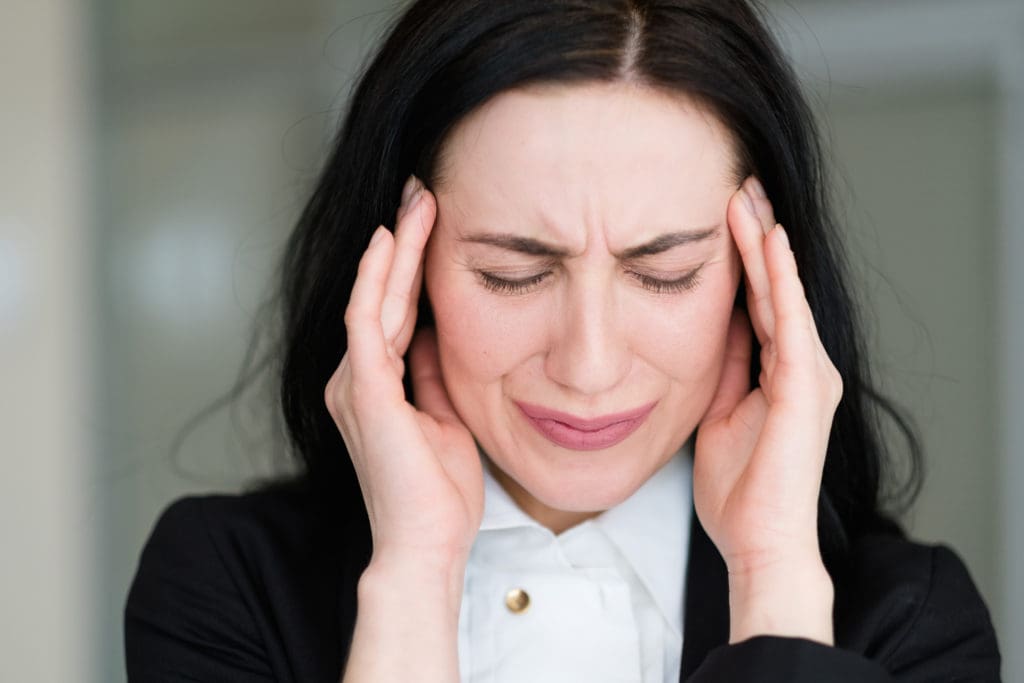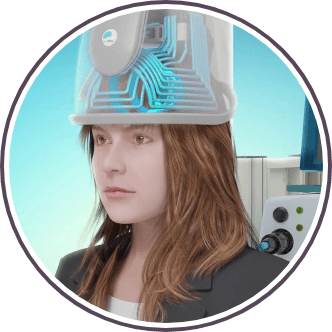
Depression and Goal Setting
When struggling with depression, it can be difficult to find motivation to do anything. However, even small achievements can be beneficial and elevate your mood. Practicing goal setting is a great way to help you find more motivation and make some progress.
Give Yourself Something to Work Towards
Depression can often lead you to feel like you’re stuck and it’s easy to get used to that. When you’re feeling stuck, you eventually need to find a way to start moving forward again. It doesn’t need to happen all at once, but you should begin finding ways to get moving. The main benefit of goal setting is it gives you something to work towards. When you make goals for yourself, you create a plan for your life. This doesn’t need to be a highly structured plan, but even having one thing to work towards can help you find more motivation and happiness in your life.
Set Small Goals
When people set goals, they often go a little over the top. They are so excited to set goals for themselves that they tend to create unrealistic goals. With these types of goals, it’s easy to feel overwhelmed and like you aren’t capable of achieving anything. This is why you should start with small goals. To help you feel motivated, you just need to achieve something small. Start off by making the goal to eat breakfast everyday or to make your bed or shower. You can make a goal to walk outside everyday. As you regularly accomplish these smaller goals, you can work your way up towards larger goals. Goal setting can become a process that slowly leads you towards being more motivated and feeling happier with yourself and your life because you are achieving your goals.
Reward Your Efforts
As you set and accomplish your goals, you also need to reward yourself. This positive reinforcement will help you want to continue checking off your goals. Additionally, it’s just nice to reward yourself every once in a while. Everyone needs some recognition for their efforts. When you reward yourself for achieving your goals, make sure you give yourself rewards that are beneficial. Your rewards shouldn’t reinforce bad habits or hurt you financially. Come up with a list of rewards that will be easy to obtain and positive to introduce into your life.
Goal setting is a common practice and it can be very effective if you are dealing with depression. Even small goals can help you to feel better about things and it can help you to make more progress.
Learn more about depression and how you can move forward.
















